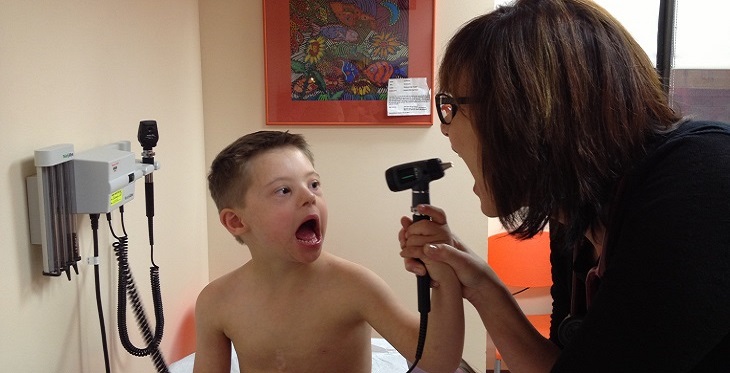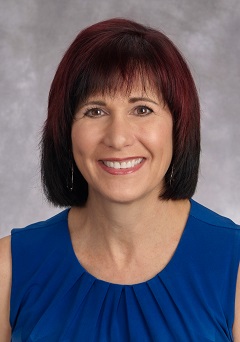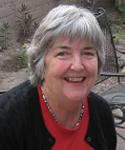Autism in Arizona: Telemedicine Enhances Early Diagnosis to Improve Quality of Life for Children and Parents

Parents in rural Arizona used to have just one option if they were worried their child had autism: They had to pack the family into the car and drive for hours to see a developmental pediatrician in Phoenix or Tucson.
Now there’s a program that utilizes telemedicine to provide timely evaluation and diagnosis of children with Autism Spectrum Disorder (ASD), so families who live in rural and underserved areas – including Hispanic and Native American communities – don’t have to travel far.
Called Early Access to Care Arizona (EAC-AZ), the program is directed by Robin Blitz, MD, an autism expert and the section chief and director of developmental pediatrics at Phoenix Children’s Hospital. She also is a clinical associate professor of child health at the University of Arizona College of Medicine in Phoenix.
“EAC-AZ is a six-month learning collaborative, now training its third cohort of primary care physicians, nurse practitioners, physician assistants, nurses, early intervention staff and school personnel, to work as regional teams to assess children for autism and make a diagnosis,” Dr. Blitz said.
When necessary, she conducts telemedicine consults from her office in Phoenix to confirm an autism diagnosis.
Those who go through the EAC-AZ training can then establish “medical homes” for children with autism in their own communities, and have the option of telemedicine consults with Dr. Blitz and other developmental pediatricians.
Here’s why the program is needed:
- One of 66 children in Arizona has autism; the national average is one in 68.
- Arizona is faced with a severe shortage of physicians, notably sub-specialists, with rural areas hardest hit.
- The state’s Division of Developmental Disabilities will accept diagnoses of ASD only from licensed clinical psychologists, child psychiatrists, developmental pediatricians and child neurologists. The diagnosis has to be made by one of those specialists, for the division to provide necessary services for a child with autism.
Now in its third year, EAC-AZ has provided trainings to professionals throughout the state; from Yuma, Tucson, Douglas, Casa Grande and Maricopa, to Prescott Valley, Pinetop, Kingman, Flagstaff, Chinle and Kayenta.
The training program uses a combination of learning modules, monthly reading materials, and twice monthly webinars via Zoom, offered at mid-day and after 5, so trainees can choose the time that works best for them.
Two face-to-face conferences are included in each six-month learning collaborative. And on the fourth Wednesday of each month, the graduate PCP’s conduct virtual grand rounds via Zoom, to review cases and share information with their colleagues.
While the overall focus of EAC-AZ is to provide early diagnosis and care for children with autism, co-morbidities will be addressed more thoroughly through the program’s medical homes, further improving quality of life for children and their families. Dr. Blitz said.
EAC-AZ is funded through a generous grant from a Phoenix non-profit called the Board of Visitors, which has awarded the program $586,000 over three years.
So far, 40 primary care physicians and 89 others – including nurse practitioners, physician assistants, early intervention staff and school personnel – have been trained through the program.
As Dr. Blitz notes, “While early intervention and school evaluation teams are already in place, and funded, our project creates a paradigm shift to improve efficiency for children and families.
“These children will have earlier access to education and medical and behavioral interventions, because they will be diagnosed earlier; thus the outlook for children with autism in Arizona will be enhanced.”
